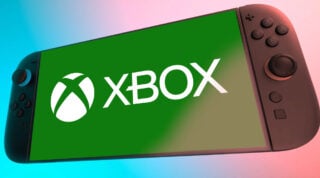🎮 Lack of price transparency in in-game currencies leads to overspending. pic.twitter.com/UXs5D0hzAl
— The Consumer Voice (@beuc) September 12, 2024
EU consumer organisation files complaint saying devs are ‘fooling consumers’ with in-game currencies
The BEUC claims consumers are “often denied their rights” and “children are even more vulnerable”

The European Consumer Organisation (BEUC) has filed a complaint to the European Commission (EC) and the network of consumer protection authorities (CPC-Network), calling on them to launch an investigation into the use of premium in-game currencies.
The BEUC and member organisations from 17 countries have released a publication called Game Over which focuses on “the unfair practices of leading video game companies behind games such as Fortnite, EA Sports FC 24, Minecraft and Clash of Clans”.
The organisation claims that premium in-game currencies “breach EU consumer protection laws” and that they “maximise consumers’ spending”.
The group has made four key claims that it wants the EC to investigate:
- That consumers “cannot see the real cost of digital items, leading to overspending”.
- That the claims made by developers “that gamers prefer in-game premium currencies are wrong”.
- That consumers “are often denied their rights when using premium in-game currencies” because of “unfair terms favouring game developers”.
- That children are “even more vulnerable to these manipulative tactics”, pointing to data that suggests children in Europe are spending €39 per month on average on in-game purchases.
“A review of 50 of the video games that were most played in 2023 shows that 21 of them (42%) include premium currencies,” the organisation says. “Out of these 21 games, eight have an age rating of 12 or lower.”
It adds: “The problems flagged in this alert go beyond video games and apply also to social media platforms and other marketplaces. BEUC already pointed out in 2021 that TikTok was unclear on how much its virtual currency was worth.
“Better enforcement of the consumer law framework in the video game sector and further regulation in the coming years is essential.”
The group has now called on the CPC-Network to “start a coordinated enforcement action and publish a joint position”, and request that the “unfair commercial practices” are stopped.
“Ultimately, consumers need full transparency about the price of virtual items at the moment of purchase,” it says. “In-game purchases should always be displayed in real currency.
“We also expect that consumers’ rights in the virtual world remain the same as those in the real world, including the right of withdrawal and legal guarantee rights.”














